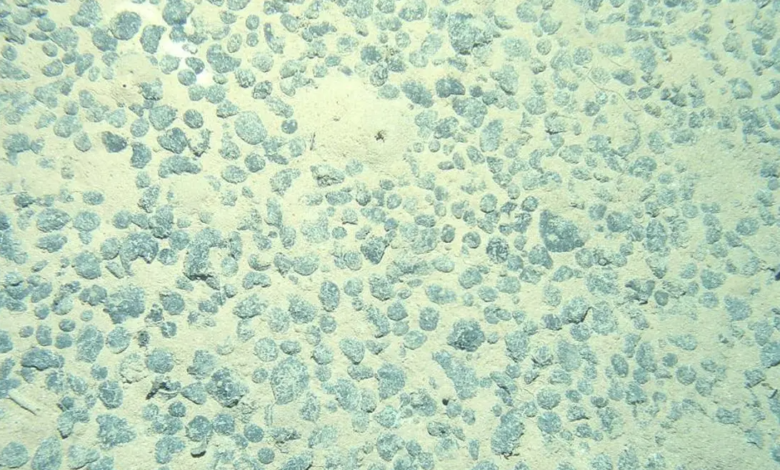Deep sea mining, 100 NGOs call for a global moratorium on submarine mines

30 licences have already been issued for the exploitation of submarine mines
– The depths of the oceans are the last untouched ecosystem left on the planet. Opening them to commercial exploitation without knowing what the short and long-term impacts might be is a wrong and short-sighted move. This requires a global moratorium on undersea mines. It is the appeal launched by the Deep Sea Conservation Coalition, a coalition of over 100 non-governmental organizations, a few days before the start of the UN summit that could give the green light to deep sea mining.
The exploitation of resources on the ocean floor between 3 and 5,000 meters deep is the last frontier of mining. An uncharted territory – covering 95% of the volume of the oceans – that appeals to states and companies. In fact, there are deposits, even very large, of metals and minerals essential for the transition. Nickel, copper, cobalt, manganese, lithium, rare earth, encased in polymetallic nodules that look like “potato fields“.
The impact of submarine mines
But the operations required to exploit them could have repercussions on the seabed and the entire water column, as well as long-range impacts related to sediment lifting and noise pollution. “Offshore mining is one of the major environmental issues of our time, and this is because the deep sea is among the last untouched areas of our planet,” said Sofia Tsenikli of the Deep Sea Conservation Coalition.
read also Mines on the ocean floor: at this time no to the deep sea mining, we take it back in 2025
So far, few studies have attempted to assess the environmental costs of undersea mines. The difficulties of physical access to the great ocean depths add a level of complexity to the understanding of these ecosystems. Existing research has, however, highlighted important issues. That should be investigated before they risk compromising flora and fauna.
According to NGOs, deep sea mining “has the potential to destroy the last wilderness on Earth and endanger our largest carbon deposit, proving neither technically nor financially feasible,” adds Bobbi-Jo Dobush of the Ocean Foundation. So far, only 21 states have called for a global moratorium. The ISA, on the other hand, is in favour of the green light and has already awarded 30 licenses.





